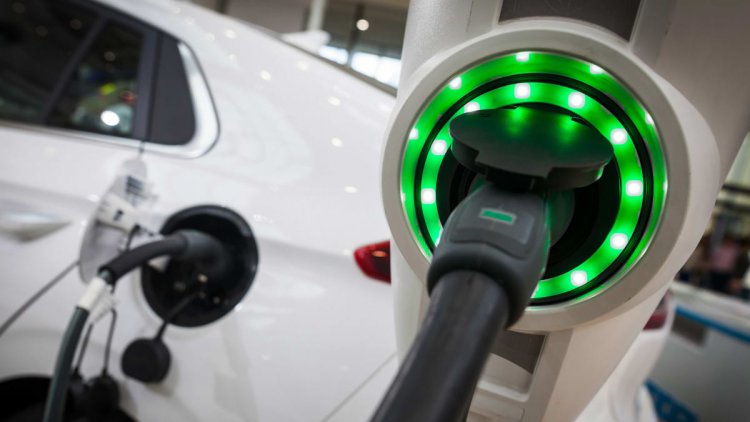Major EV Player Reveals New Tool to Compete With Musk's Tesla
One common criticism that stops prospective drivers from purchasing electric vehicles continues to be addressed by manufacturers.

One common criticism that stops prospective drivers from purchasing electric vehicles continues to be addressed by manufacturers.
Major rules regarding electric vehicles were announced in 2022, at both the federal and state levels.
As clean energy vehicles become both more economically feasible to purchase -- and as green technology becomes more popular -- laws and requirements are being implemeted that will affect the car industry as a whole and consumers of automobiles in the U.S. in the years to come.
The Inflation Reduction Act of 2022 dismayed parts of the automobile industry with its final assembly requirement. Specifically, in order to be able to offer consumers a tax credit of up to $7,500 for purchasing a zero-emission vehicle, a company would have to have completed final assembly of it in North America.
Foreign automakers such as Hyundai were stunned by the quick implementation of the requirement and are scrambling to find ways to comply.
Still, though, details on other ways for consumers to save when buying clean energy cars are being worked out. For example, the Treasury Department has said that more guidance on electric vehicle tax credits regarding battery requirements will be coming in March of 2023.
In August, the California Air Resources Board (CARB) approved a year-by-year roadmap saying that by 2035, 100% of new cars and light trucks sold in the state will need to be zero-emission vehicles. Because of its massive population and market size, the action by California has a massive effect on the auto industry as it moves to meet demand.
Consumers will likely benefit from this requirement as well, as auto manufacturers will need to sell their electric vehicles at reasonable prices for them to be accessible to millions of new customers.
Porsche Makes A Move to Compete With Tesla
In December, Porsche announced a major technological improvement that directly addresses consumer concerns about the length of time it takes to charge the battery in its electric vehicle Taycan.
The Taycan increasingly competes with the Tesla (TSLA) - Get Free Report Model S for superiority in the EV space.
As more and more people own and drive clean energy cars, it's becoming widely understood that both range and long charging times are key concerns drivers have about them. People tend to enjoy the feel of driving the automobiles and the ease of charging them at home, but the scarcity of facilities away from the home garage remains a challenge and increases the importance of streamlined charging there.
In an effort to step up its game, Porsche has introduced a new unit that, when combined with Porsche's AC home charger unit, decreases charge time from 9.5 hours to 4.8 hours, cutting it in half.
How Consumers Can Use the New Technology
"For current Taycan owners that wish for more at-home charging performance, an AC 19.2 kW on-board charger upgrade is now available and doubles the amount of power the Taycan can receive when charging via a compatible 19.2 kW capable level 2 AC charger," Porsche said in a press release.
"Located behind the front trunk area, this new module replaces the existing on-board charger and associated wiring included with the car," it continued. "One benefit specifically for 2020 Taycan model year cars is the ability to enable Plug and Charge in conjunction with a valid My Porsche account."
Porsche service centers will be able to order and install the kit into all Taycan variants. It will retail for $1,850.15. Porsche, which is owned by Volkswagen (VLKAF) , estimates labor time will be 12 hours.
What's Your Reaction?



























































